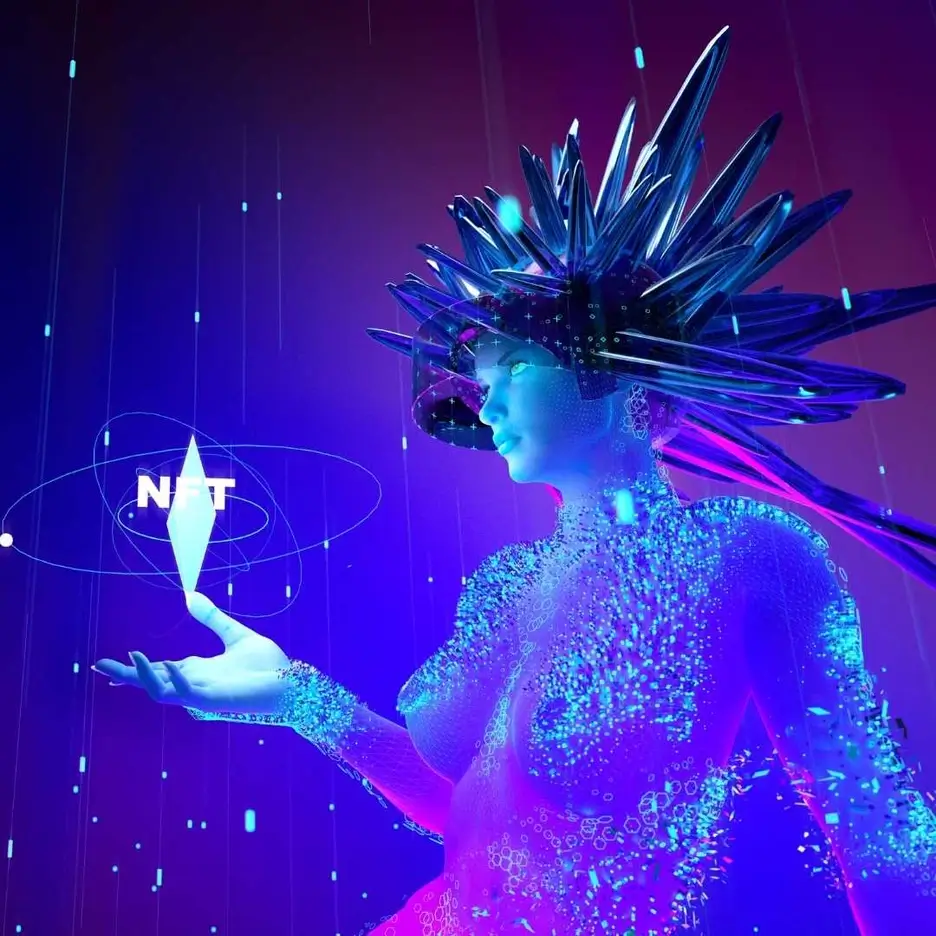How will NFTs disrupt the music industry, in the short term?
Copyright issues, exploitation issues, lack of earned royalties. These are just some of the challenges that musicians and rappers around the world face when it comes to the production and distribution of their music. With the emergence of non-fungible tokens (NFT), there is an opportunity to disrupt the music industry and change it for the better.
And that’s exactly what the Swiss Italian speaking artist Azayko did, when he released a single only in NFT and by the way it’s the first time in the history of Swiss and Italian Rap.
The link to his NFT: https://bit.ly/32EAZo2
What does it mean to have a musical NFT?
Last year 2021 was arguably the banner year for non-fungible tokens, with multiple use cases emerging beyond crypto art and collectibles. And music NFTs are one of them.
An NFT is a unique cryptographic token stored on a blockchain that represents a digital or physical asset. Once an NFT is created, it cannot be modified or duplicated. NFTs can be encrypted in a way that allows royalties to be paid to the creator, making it a very interesting technology for musicians, rappers, artists and even businesses.
Music NFTs are pieces of music stored on a blockchain in the form of unique non-fungible tokens that belong exclusively to the owner of the NFT. However, unlike the mp3 or WAV you download to your smartphone, music NFTs can also be sold and allow musicians to collect royalties for each sale on the secondary market, interesting isn’t it?
But, how do music NFTs work?
A musician or band will decide what they want to sell to their fans, whether it’s an audio file, concert tickets or merchandise. They then determine which blockchain they will publish their NFT on, or which music NFT platform they will use. Some of the music NFT platforms currently available include NFT TONE, Opulous, OpenSea, etc.
Each fan who buys a music NFT becomes the owner of his favorite musician’s work, which makes the fan a sort of producer of his favorite artist. He can then store the musical NFTs in his crypto-currency wallet and, if he wishes of course, resell them later to a larger number of buyers. Although he owns the unique NFT and can sell it, the musician who created the NFT can make money from the resale of his work, which is one of the most powerful ways that music NFTs can empower musicians.
How can NFTs empower musicians, then?


In addition to earning income from immediate sales of music NFTs, let’s look at other ways in which NFTs can empower musicians and artists.
Earning royalties, the big advantage
Musicians who create NFTs and sell them will earn royalties on subsequent sales of their NFTs. This will help alleviate the problem of musicians not earning money on the sale of their work, or earning only small amounts from centralized streaming services, such as the giant Spotify, Itunes or Deezer.
Cutting out the middleman
One of the main challenges musicians face is that they are often under contract to a record label or label. On the other hand, most independent musicians earn their money solely through streaming platforms. In both cases, the use of music NFTs allows musicians to earn money on the sale of their music or merchandise by selling directly to their fans without any intermediary and that’s the miracle of the Blockchain, which offers this kind of decentralization to the thing.
Creating an active fan base
Music NFTs allow a musician to build a fan base by creating a space in which their fans can access unique NFTs related to the artist’s works.
Musicians can also leverage unique experiences for their fans, such as giving them the opportunity to meet them virtually or in person. This is what musicians like Snoop Dogg did during his SandBox session, as well as Post Malone, who sold NFTs for people to play beer pong with him.
Provide opportunities for new or independent artists
The low barriers to entry in the music NFT scene are a great opportunity for new artists, musicians or rappers, as no one is stopping them from releasing music or expecting them to fit into a certain “box” to get a record deal. With music NFTs, all a musician has to do is upload their music to the NFT site, and that’s why we have every belief that the miracle of NFTs and the blockchain will turn the music landscape upside down.


And if you are an artist, rapper, business or you have NFT to sell to your customers or fans, you must promote, you must have a site detailing your project and seduce your fan or customer to get your token, in this site you must show the gains after buying NFT and why your audience will have to invest and buy your non-fungible tokens, you need to make a marketing strategy on Twitter or Discord (the most used for this purpose by the way) so that your works reach your target audience, and for these services, we can help you as we did with several people we worked with until today.



2 replies on “How will NFTs disrupt the music industry, in the short term?”
I’m not sure where you are getting your info, but great
topic. I needs to spend some time learning much more
or understanding more. Thanks for magnificent info I was looking for
this info for my mission.
Heya i am for the primary time here. I found this board and I to find It really helpful &
it helped me out much. I hope to provide something back and aid others like you aided me.